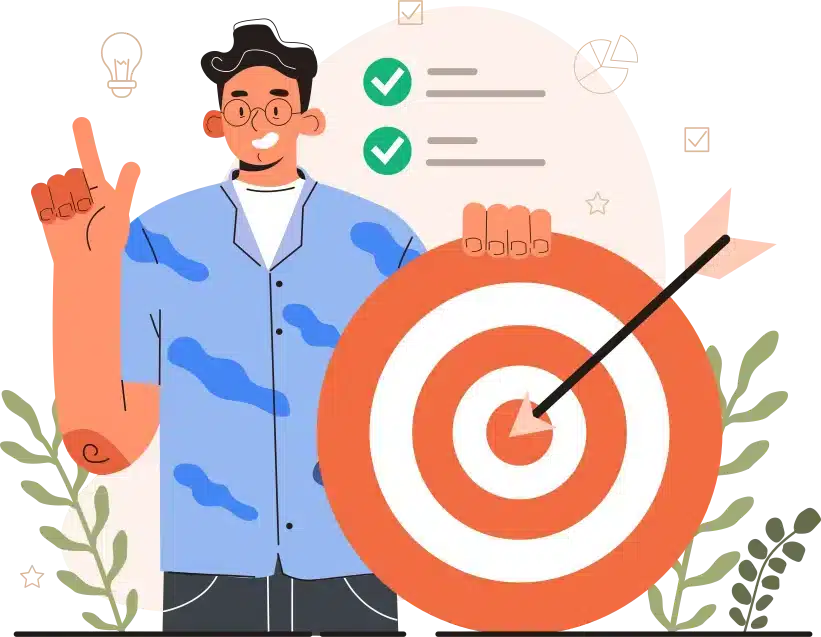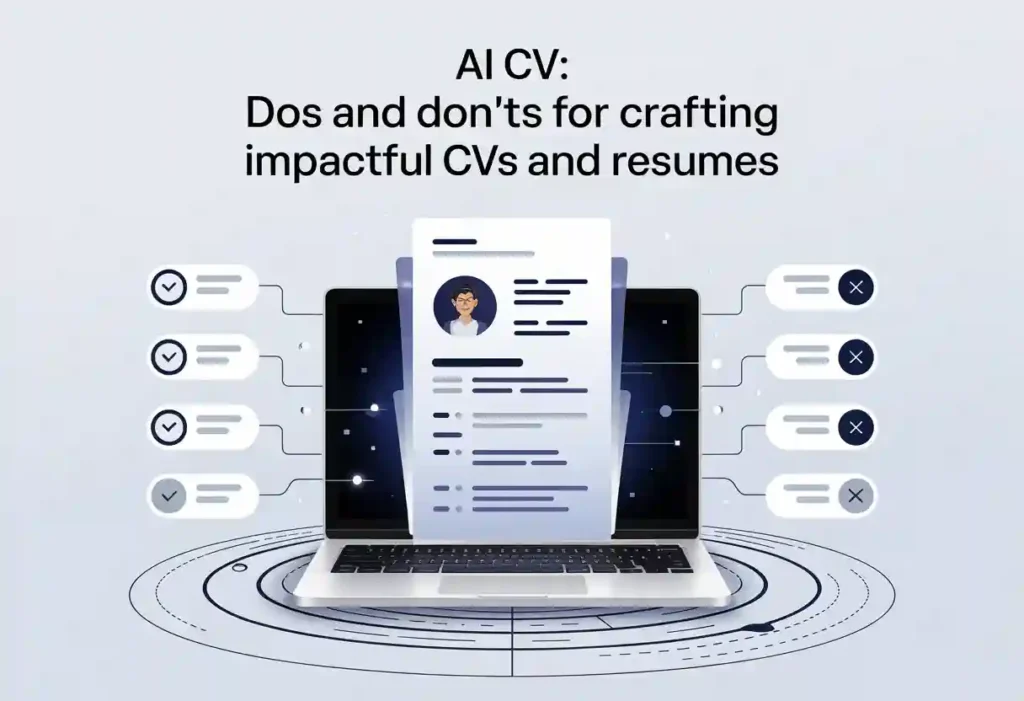What You Ask Reveals More Than What You Answer
Answering questions correctly is one thing.
Asking the best questions in a job interview is another.
Asking the right questions in a job interview will help you stand out.
That’s because most applicants don’t engage in an interview as a conversation.
Instead, most people deliver practiced answers without asking any of their questions.
Asking intelligent questions allows you to guide the interview in your desired direction.
However, it also allows you to demonstrate your knowledge of the company, job position, and enthusiasm.
What are the right questions to ask in an interview?
Sit tight. We’re going to answer that question.
How do you prepare for an interview if you’re a fresh graduate or new to the job-seeking process?
Let’s start by listing the questions you expect the interviewer to ask.
You might then plan and memorize an answer to these typical interview questions.
That way, you figure you won’t get caught without an eloquent response.
But is this the best approach to an interview?
Preparing answers to common questions is undoubtedly a good idea, particularly when faced with a competency-based interview.
However, you can also gain a lot by preparing a list of helpful questions to ask during an interview.
Asking the right questions tells the recruiter that you’re interested and you’ve done your homework.
You may be unsure how many questions you should ask in an interview.
We advise having at least two questions prepared for every interview you go to.
However, it’s perfectly acceptable to ask for more.
There are several kinds of questions that you can ask in an interview, most of which center around:
- The job role
- Job training
- Expectations (both personal and for the company)
- An interviewer (their experience with the company)
- The Company
- The team (your future colleagues)
We’ll walk you through the best questions to ask in an interview, depending on what you want to learn from your potential employer.
Like this post?
Sign up for our blog updates and never miss a post.
We’ll send you A FREE job interview eBook as a thank-you.
Tip
Avoid asking closed questions that the interviewer can answer with a yes or no.
Also, avoid questions that are difficult to answer unless they’re strictly necessary.
The purpose of asking questions in an interview is to learn more about the job and build a rapport, not to test your interviewer.
What are the Best Interview Questions to Ask the Employer?
Decide which questions are most valuable depending on the company you are applying to. Then, ask them at the right time.
As a rule, you should not start the interview with questions unless your interviewer invites you.
Most interviewers will allow you to ask questions somewhere in the middle or toward the end of the interview.
That’s your chance to get their attention and put yourself ahead of other candidates.
Some employers will explain the most relevant information about the job before allowing you to ask questions.
Once they have done this, use some of the best questions for a job interview.
1. What Questions to Ask in an Interview About the Job?
Before asking any of the questions listed below, please check the company website, social media, and job description.
If the answers to your questions are available on a public source, you haven’t done enough research.
Great questions to ask about the job you’re interviewing for include:
- What is the most complex project that I may need to address?
- What does a typical day look like?
- Could you provide samples of the projects I’d be working on?
- Approximately what budget would I be working with?
- What are the biggest challenges that I might face in this position?
- What types of missing skills are you trying to fill by hiring me?
Tip
Each new job should be the next step in your path to success.
Ask yourself if the job you’re interviewing for will help you reach your goals.
If you’re still unsure, use the job interview to ask career-based questions to your potential employer.
Further Reading
- Learn about alternative career prospects
- One of our awesome articles on resume builder
- How to write a resume like a pro
Tips for Career Planning
Each new job should be the next step in your path to success. Ask yourself if that job will help you get there.
2. What Questions to Ask in a Job Interview About Training?
These questions allow you to learn about your potential skills and development opportunities in the role. If you work hard, there should be opportunities to progress within a company.
Employers also want to know that the person they hire will be interested in developing their skills.
We suggest using the following questions:
- What training programs do you provide for employees?
- How will I be re-trained?
- Is there an opportunity for professional development in the future?
- Will I be able to represent the company at professional industry conferences?
- How have the employees previously employed in this position progressed?
3. What Questions to Ask in an Interview About Performance?
Asking these questions at interviews will demonstrate a commitment to meeting your personal targets and career goals.
Based on your question, the recruiter should understand that you do not intend to work in the same position forever. Instead, you are looking for a position that allows for growth.
These questions will emphasize that you aim to progress and indicate your willingness to work hard.
Consider using these questions:
- What does the company aim to achieve in the next 30, 60, or 90 days of work?
- What goals and metrics will you be evaluating my performance against?
- Is there a performance review process?
- Is performance feedback provided to avoid a repeat of mistakes?
4. What Questions to Ask in a Job Interview About the Recruiter?
Building a respectful connection with your interviewer will make you memorable while demonstrating your interpersonal skills.
The following interview questions are excellent questions to ask your interviewer once the conversation has settled into a friendly tone:
- How long have you been working in this organization?
- Have there been any changes to your job duties since you have been here?
- What did you do before this job?
- Why do you like working in this company?
5. What questions should you ask in an interview about the company?
You can ask these questions if there is more to know about the job you are applying for. Aim to ask these questions the first chance you get.
They’re a clever way to show that you’ve read the company’s website and highlight any missing details.
The best interview questions to ask about the company are specific but open, like these examples:
- I’ve read about the company’s current market position, but can you tell me more…
- How do you imagine this company in the future?
- What are the new projects and plans for growth?
- Are there goals the company currently focuses on, and how are employees approaching them?
6. What Questions to Ask in a Job Interview About the Team?
Asking these questions will show that you are comfortable with teamwork and recognize that healthy workplace relationships are essential.
The recruiter’s answers may help you determine whether your future team members share your working methods and values.
The following questions will move the conversation in the direction of teamwork:
- Could you tell me more about the team I’d be working with?
- Whom will I work with most?
- Who will I report to and receive feedback from?
- Who should I speak to if I have any questions?
- Do you expect to hire new people in the next months?
- Are there common career paths in this department?
- What are my department team’s strengths and weaknesses?
- What should I pay close attention to related to teamwork
Asking the right questions can quickly tell the interviewer you've done your homework without telling him. This is how to stand out from the crowd.
Nikolay Petrov

Quick Tips for Asking Questions in an Interview
Dos
- Wait for an opportune moment to ask questions to your interviewer.
- Prepare a list of questions; decide which two are the most important and ask them first.
- Ask open questions that will stimulate conversation instead of closed questions.
- Wait for the right time to ask questions.
- Prepare questions beforehand; prioritize the most important ones.
Don'ts
- Don't interrupt. Interrupting can be frustrating for the interviewer as they might have been about to provide the answer to your questions.
- Don't ask questions that a quick look at the company website or social media could answer.
- Don't ask questions that can be answered with a simple "yes" or "no."
- Never bring up salary or benefits in the first interview.
Final Thoughts
Recruiters, employers, and hiring managers love to see enthusiasm and candidates with realistic expectations. Instead of listening passively and responding to questions, consider your interview an opportunity to get to know the company better.
Asking intelligent questions at the right moment will impress your interviewer, but the right questions can also help build a healthy rapport.
“Do you have any questions?” is a common question. This is your opportunity to ask questions about the job requirements, company prospects, employer expectations, work team, or other relevant topics.
Did you find this article helpful? For more employability tips and recommendations, check the CVJury Blog or sign up so you don’t miss any updates.
Further Reading on Interview Questions



